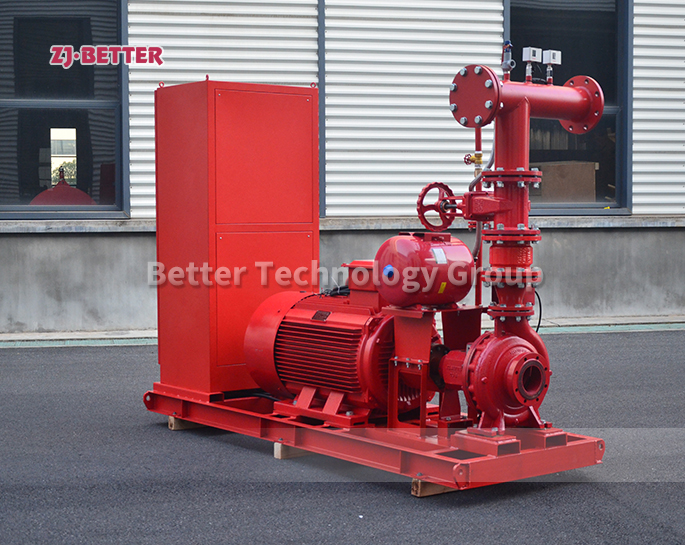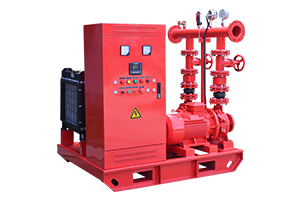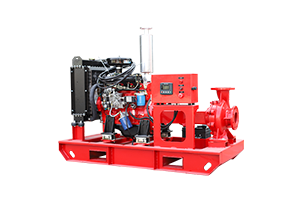How to Maintain Fire Pumps in High-Humidity Environments
Fire pumps are a critical component of any fire protection system, ensuring sufficient water pressure during emergencies. However, maintaining fire pumps in high-humidity environments presents unique challenges, including corrosion, electrical issues, and mechanical degradation. Without proper care, these issues can lead to pump failure, compromising fire safety.

1. Prevent Corrosion with Proper Coatings
High humidity accelerates rust formation on metallic components. To combat this:
- Apply corrosion-resistant coatings on exposed metal parts.
- Use epoxy-based paints or galvanized materials to protect against moisture.
- Regularly inspect and reapply coatings as needed.
2. Maintain Proper Ventilation
Condensation buildup inside pump rooms can cause rust and electrical faults. Improve airflow by:
- Installing dehumidifiers or climate control systems.
- Using ventilation fans to reduce moisture levels.
- Keeping pump rooms properly sealed but well-ventilated.
3. Protect Electrical Components
Humidity can cause short circuits and insulation failure in electrical fire pumps. To prevent this:
- Ensure electrical panels are sealed and moisture-proof.
- Use silica gel or moisture-absorbing materials inside enclosures.
- Regularly test insulation resistance and replace damaged wiring.
4. Schedule Regular Inspections and Testing
Frequent maintenance helps identify and address humidity-related issues early. Follow these best practices:
- Conduct weekly, monthly, and annual inspections as per NFPA 20 standards.
- Check for signs of rust, leakage, and electrical faults.
- Perform pump performance tests to ensure optimal operation.
5. Use the Right Lubricants and Seals
Excess moisture can cause bearings and seals to degrade faster. To prevent premature wear:
- Use moisture-resistant lubricants for bearings and moving parts.
- Inspect and replace gaskets and seals regularly.
- Store lubricants in dry, climate-controlled areas.
Conclusion
Fire pumps in high-humidity environments require extra care to remain operational and compliant with fire safety regulations. By implementing preventive maintenance strategies, you can extend pump life, reduce repair costs, and ensure reliable fire protection.






